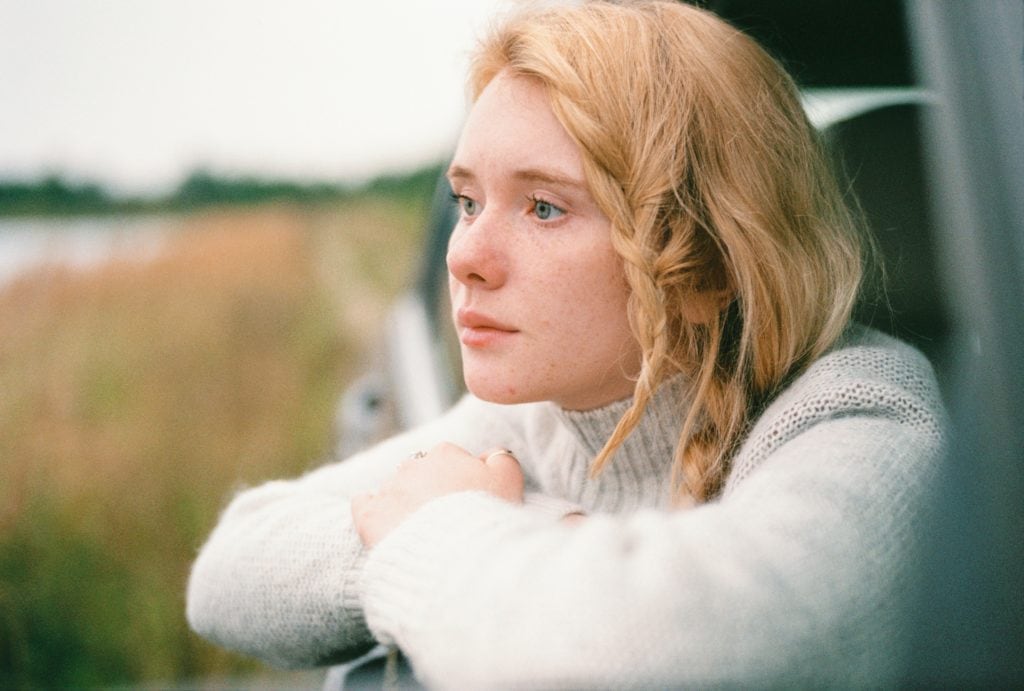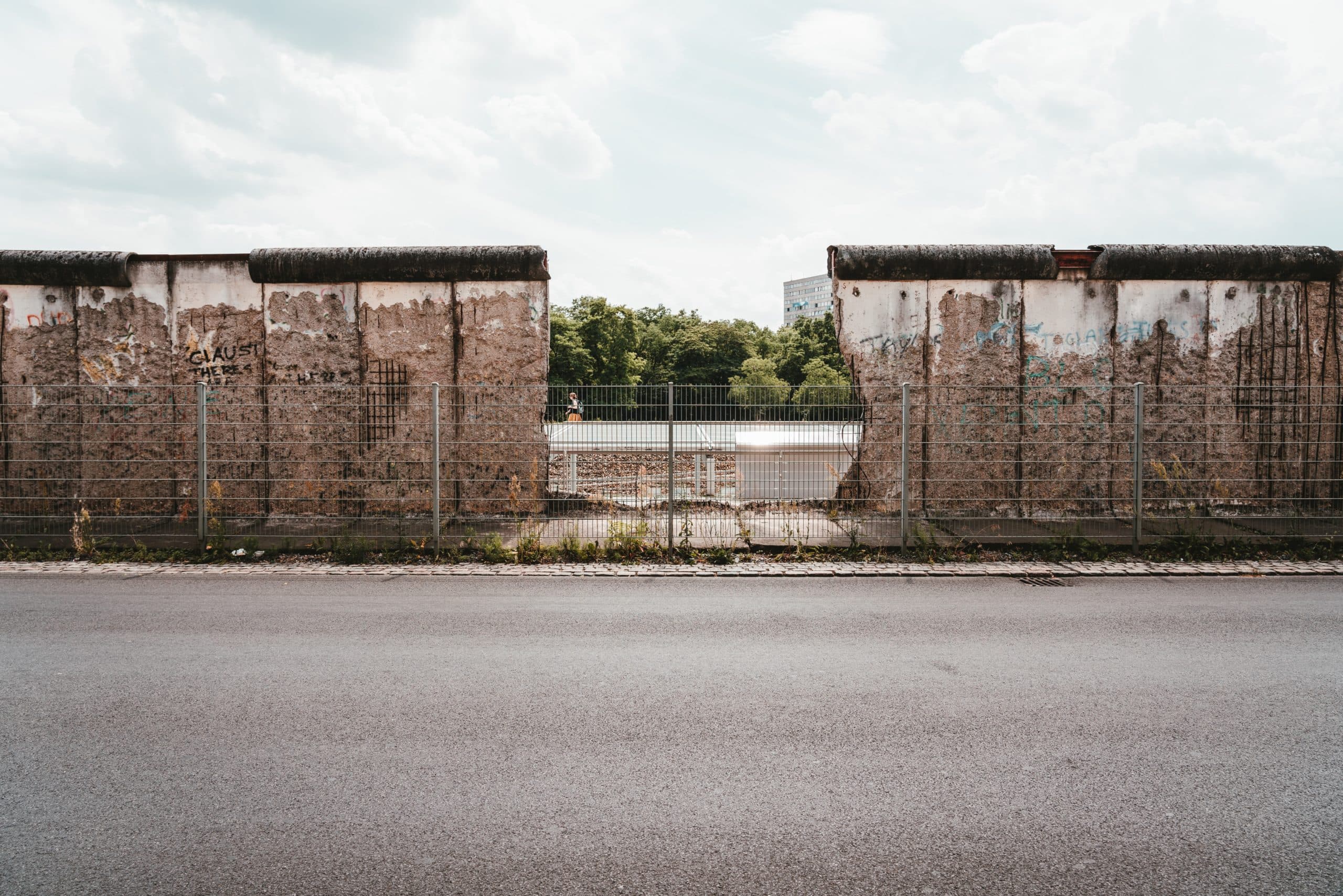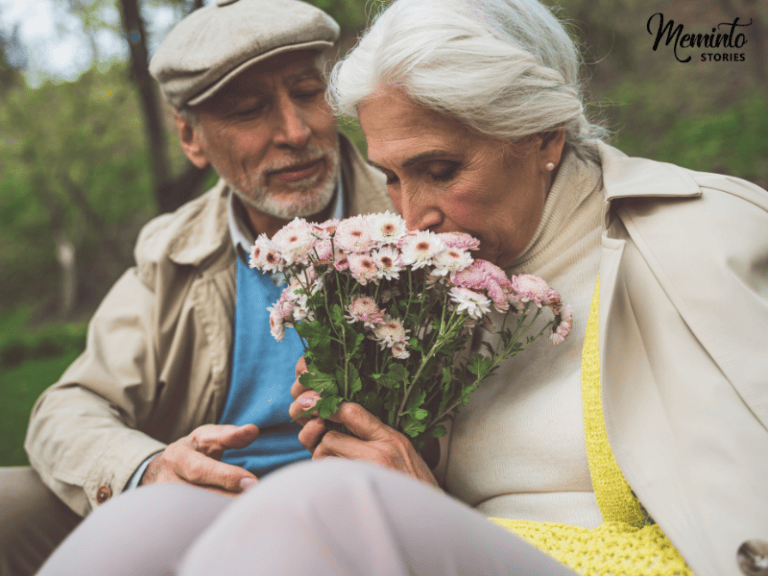About a life of pre-turnaround children after the turnaround
When the border fences and walls opened overnight in November 1989, Hans and Erika had been married for just three years. They had adjusted to life in the German Democratic Republic, or GDR for short, and had come to terms with the conditions accordingly. After all, they basically had no other choice. And actually, they had everything they needed. Hans had a job in the local LPG, Erika worked part-time as a cashier in the only grocery store in town. They had a good circle of friends, were involved in the local sports club, took their vacations on Rügen or Hiddensee, and were generally content. And when their daughter Agnes was born a year later, their happiness was almost perfect. Well, certain conditions were a bit oppressive, the constant fear of state reprisals was omnipresent. But if one behaved inconspicuously and did not get into trouble, then one could lead a relatively carefree life. Of course, dreams of a life in the West flared up from time to time, with all the temptations that were offered there but denied by one’s own government. But dreaming could not be punished, at least as long as one kept one’s dreams to oneself.
And then came that historic November 9, 1989, a day when the world held its breath. An event that had somehow been looming for weeks, but whose reality hardly anyone dared to believe, on both sides. Agnes was just 18 months old at the time. She was born in a country she no longer had any memories of. For her homeland, the GDR, merged with the Federal Republic of Germany within a very short time to form an all-German state. On October 3, 1990, the Day of German Unity celebrated the reunification of the two German states separated by the Allies after World War II. And Agnes, who, like so many so-called Wende children of baby or toddler age, grew up after the fall of the Berlin Wall, now knows her homeland only from stories, books or films and occasional visits to her grandparents.

Departure to a better life
A lot changed in a very short time after the so-called Wende. At some point, the newfound freedom also prompted Hans and Erika to move to the West. There, where everything was supposedly better, more modern, the cities cleaner, the wages higher, the air better, the apartments larger and in general – the much-vaunted West was already something like the promised land for the former citizens of the GDR. Hans and Erika have found their new home near Kassel – not quite so far from their former residence in Thuringia. Close enough to be able to visit the old home from time to time, but far enough to leave the old life behind. Hans got a good job in a horticultural business and Erika found a part-time job as a cashier again after some time. They built up a new circle of friends, became active again in the sports club, and so gradually the memories of their former life faded.
Agnes grew up, and the older she got, the more interested she became in the origin of her parents. Because at some point she noticed that most of the people around her spoke differently or sometimes used different words. She didn’t know the term “dialect” yet, but still she noticed the difference to the other people at school or in the sports club. And then her parents told her. About the time before the reunification, about the GDR, about the living conditions, the economy of scarcity and the big dream of the West. And especially about the night when this great dream became tangible, when one was allowed to travel unmolested, to go wherever one wanted. And about the decision to trade the old home in Thuringia for a new life in West Germany.
What if?
Then Agnes often becomes thoughtful. What would it have been like if we had stayed in Thuringia? Or what would have happened if the Wall had never come down. What kind of friends would I have? Would we also secretly listen to West German radio? Many questions to which Agnes will never get an answer. When she travels to her old home country with her parents and visits her grandparents, it is all completely foreign to her. Because her home is now somewhere else, near Kassel, she doesn’t know anything else and she doesn’t want anything else either. And when her relatives tell her about the past, she can’t really relate to it. Because the GDR is completely foreign to her and life back then seems so much worse than her life now. Even if grandpa and grandma sometimes get a transfigured view and know how to tell about really nice experiences.

As Agnes gets older, she thinks about the GDR more often. Not that she wishes everything had been different and that she had grown up there. It’s not like that, she feels much too comfortable in her current surroundings for that. And yet she has the feeling that the memory of the time of reunification, as her parents experienced it with their little girl, should be held on to. Because her dialect, which she has taken over from her parents as if casually, inevitably exposes her as an “East German”. Even though she never really lived there. But at least she belongs to the generation of people who were born in a country that was virtually abolished shortly thereafter.
Best to write a book
Agnes often thinks this when she talks to her parents about the time before and after the fall of the Wall. After all, 1989 was a year that changed lives. A year that set many lives on a completely different course, that opened up great opportunities, that made dreams come true, but that also presented real challenges to some people who couldn’t cope with these changes. Again and again, Agnes plays with the idea of recording all of this. But not necessarily with a focus on what happened before the fall of the Wall, but more from the point of view of a child or a teenager who was born in the GDR, but never experienced it and grew up in an environment that she can call home, but where she is not rooted.
While Agnes, as so often, is once again thinking about how to go about writing down her experiences and those of her parents, her attention is drawn to Meminto-Stories. And with that she has the solution to her problem. Because with Meminto-Stories, stories are written. Stories that are collected and printed in a real book. Completely personal, completely individual. On meminto.com, she finds “the Parents Book” section. Here, certain events and experiences are described from the perspective of children. And they do so on the basis of questions that parents would ask. Agnes thinks this is a great idea, because it allows her to record the events and experiences of her family, from her point of view, the point of view of a girl who was born in East Germany but grew up in a completely different political and economic system. And she decides to create an account at meminto.com today and start with “her parents’ book”.
Answer your parents' questions now!
Get access to hundreds of questions. We'll structure your answers, make sure you don't forget anything, and take care of printing and mailing. In a few weeks you will have a book about your life in your mailbox!


















